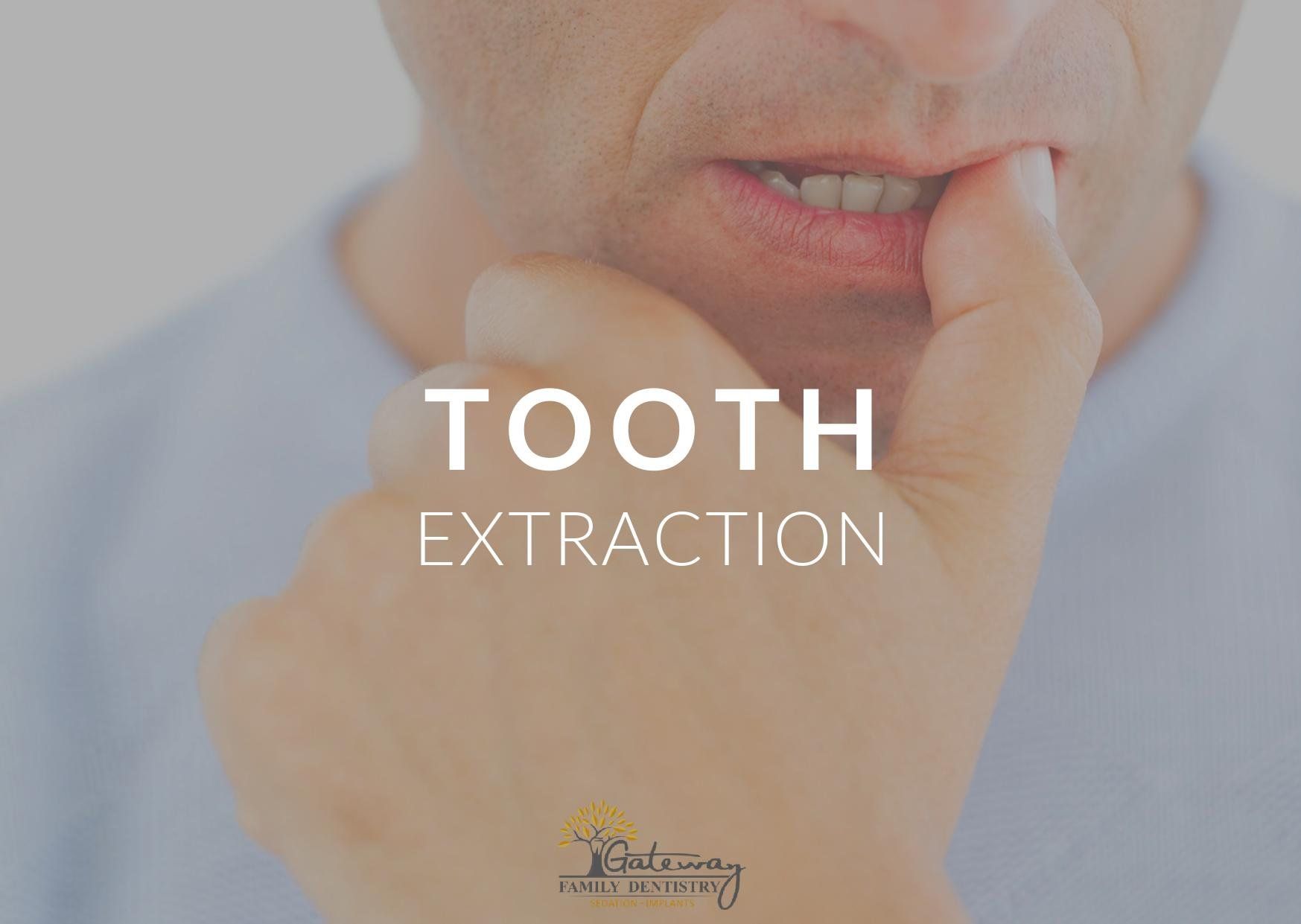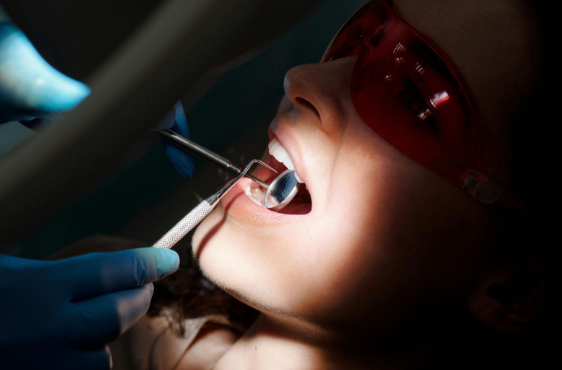Gateway Family Dental Blog

3 Signs You Might Need To Get That Tooth Pulled
None of us likes to think about getting a tooth pulled. It’s painful, messy, and can ruin our smiles. But sometimes it’s necessary–especially if you’ve been neglecting your dental health and are experiencing significant pain in your day-to-day life.
Here are a few key signs that you might need a dental extraction.
You Can See New Signs of Tooth Decay
Tooth decay (also known as dental caries) manifests in several different ways. You may notice unusual tooth sensitivity or discoloration (specifically brown or black stains) on the tooth’s surface. There may also be a pit or a hole somewhere on your tooth when decay sets in.
It’s important to schedule regular dental visits and exams to stay on top of any dental caries. Decay left untreated can lead to a necessary dental extraction.
Contrary to popular belief, tooth decay doesn’t always take years to materialize.
Just because the tooth decay you see
looks small and insignificant doesn't mean it is. Many cavities can be 20%-30% larger on x-rays than in a visual exam.
Your Tooth Has Become Impacted
For most of us, our wisdom teeth are the last teeth to come through. In fact, the average age for wisdom tooth eruption is 18-25 years of age.
Wisdom teeth can become impacted because of limited space in the mouth or sideways orientation. As a result, the wisdom teeth are blocked during eruption. This can cause severe gum inflammation and infection. Impacted teeth can also cause an infection called pericoronitis, which can lead to hospitalization.
If you’re experiencing any of the following symptoms, you could have an impacted tooth:
- Pain in the jaw
- Red, inflamed, tender gums
- Unpleasant breath odor
- Bad taste in the mouth
- Pain radiating from one tooth
It’s important to visit your dentist if you’re experiencing any of these symptoms.
You’ve Got Long-Term Tooth Pain–and Other Symptoms
Tooth pain is never a good sign. However, sometimes a pain in the tooth can be caused by an ear infection or inflamed sinuses–and these problems usually subside after a few days.
Tooth pain that persists (or gets worse) over a period of time, however, necessitates a trip to the dentist. This is especially true if your tooth pain is accompanied by drainage around the painful tooth, facial swelling or a fever. These could be symptoms of a tooth abscess, a nasty infection that can spread to the tissues surrounding the tooth.
Regular visits to your dentist can help you stay on top of any dental-related concerns, including problem teeth, tooth decay and oral injury. By tackling dental issues early, you can decrease your chances of needing a dental extraction or other painful procedure in the future.
Have more questions about getting a tooth pulled, tooth decay or other dental procedures?
Contact us today
or check our blog
for regular updates.




